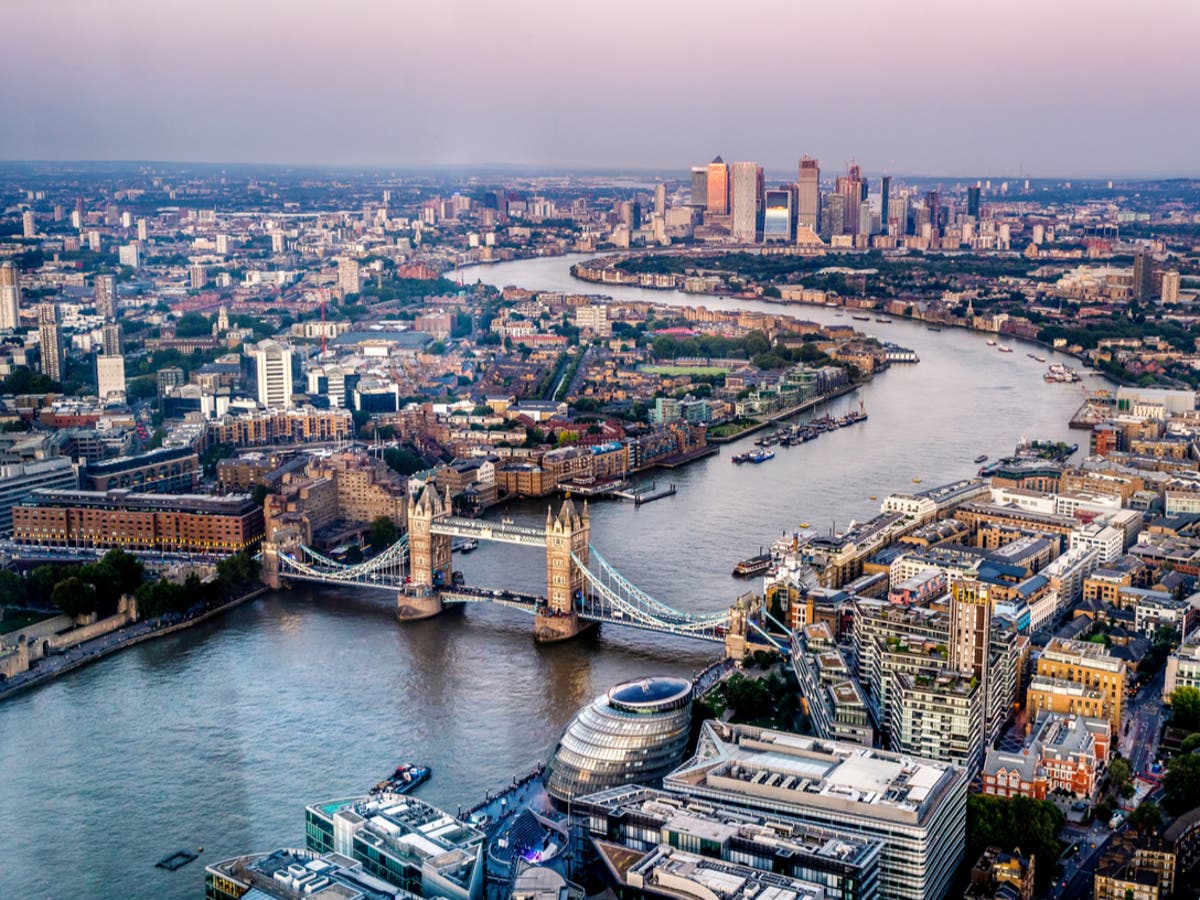GWR explains why Sunday train cancellations will continue for ‘quite some time’
Last weekend rail passengers were urged not to travel on any Great Western main lines due to staff shortages

Your support helps us to tell the story
From reproductive rights to climate change to Big Tech, The Independent is on the ground when the story is developing. Whether it's investigating the financials of Elon Musk's pro-Trump PAC or producing our latest documentary, 'The A Word', which shines a light on the American women fighting for reproductive rights, we know how important it is to parse out the facts from the messaging.
At such a critical moment in US history, we need reporters on the ground. Your donation allows us to keep sending journalists to speak to both sides of the story.
The Independent is trusted by Americans across the entire political spectrum. And unlike many other quality news outlets, we choose not to lock Americans out of our reporting and analysis with paywalls. We believe quality journalism should be available to everyone, paid for by those who can afford it.
Your support makes all the difference.
Sunday train service reductions due to staff shortages are expected to continue indefinitely, say Great Western Railway (GWR).
According to the train operator, a solution to the problems plaguing rail travel on the final day of the week is “not going to happen any time soon”, reported the BBC.
Recently, as many as 50 per cent of the long-distance services connecting London Paddington to the West and South Wales have been cancelled each Sunday.
Read more: How the Sunday blues have depressed Britain’s weary train passengers
This is because many GWR staff are not contractually obliged to work on Sundays, with operators relying on crew volunteering to work overtime to deliver services.
Last Sunday (15 December), rail passengers were urged not to travel on any GWR main lines due to “significant disruption to services this Sunday because of crew availability”.
GWR also asked people planning to visit Bath’s Christmas market not to take the train.
On past Sundays, links from Manchester Piccadilly to destinations including Buxton, Chester and Crewe, and the line from Blackpool South to Preston, have all been badly affected by staff shortages.
Dan Panes, GWR spokesperson, told BBC News: “60 per cent of our staff are not contracted to work on a Sunday. They can choose to work or not.”
He added that although GWR is talking to the government about bringing Sundays into the working week, “It will take quite some time to fix”.
New GWR drivers hired since 2018 have often been contracted to work a seven-day week, however, existing staff do not count Sunday within their working week.
In September, a two-year standoff over rail strikes in England ended when Aslef train drivers accepted a pay deal that saw the average salary of a train driver, without overtime, rising from £60,000 to £69,000.
Mick Whelan, general secretary of Aslef, the train drivers’ union, recently told The Independent: “Train companies don’t employ enough drivers to deliver the service they promise passengers and government they will run.”
“The railway should not be run on overtime – which is, of course, voluntary,” he added.
GWR has warned that trains are likely to be very busy over the Christmas travel period.
Simon Calder, travel correspondent of The Independent, said: “On train operators, including Great Western Railway and Northern, expect significant numbers of cancellations due to staff shortage.
“Not all train crew working for these firms are required to work on Sundays, and it is likely that many of them will prefer to spend time with their families rather than doing overtime.”
For more travel news and advice, listen to Simon Calder’s podcast

 ShanonG
ShanonG 
































